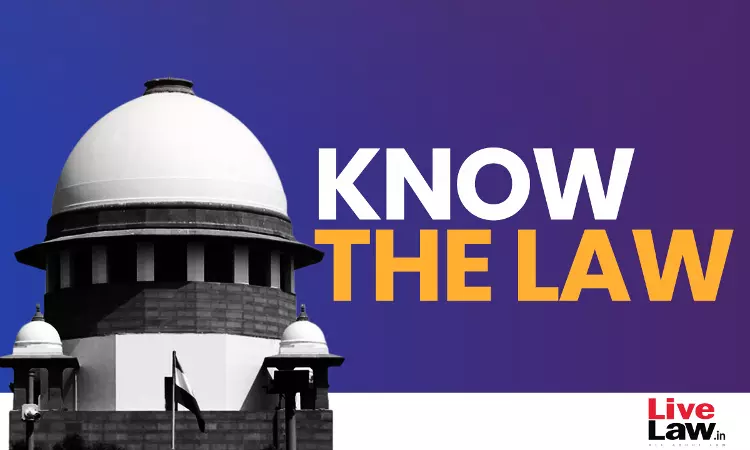Section 313 CrPC : Supreme Court Summarises 10 Well-Settled Principles
Sohini Chowdhury
8 March 2023 3:20 PM IST

Next Story
8 March 2023 3:20 PM IST
Recently, the Supreme Court briefly summarised the settled principles with respect to Section 313 Code of Criminal Procedure, 1973. The provision deals with the power to examine the accused. The Trial Court is vested with the power to put questions to the accused at any stage of the trial to enable them to explain any circumstances appearing in evidence against him. It is the duty of the Court...
